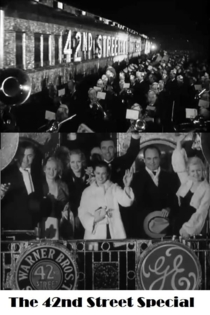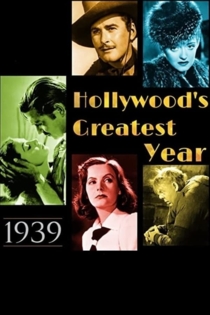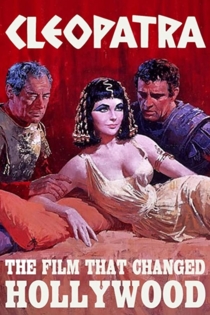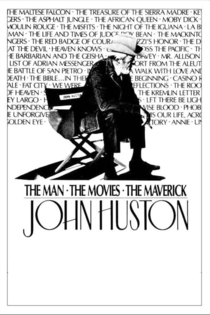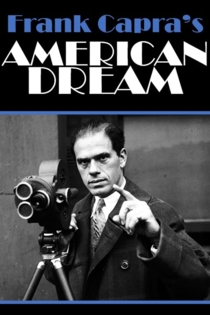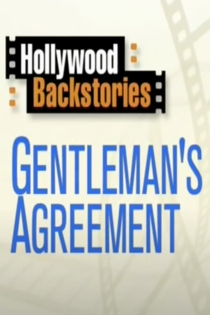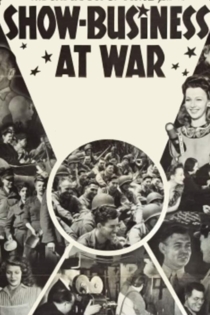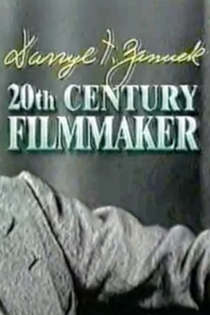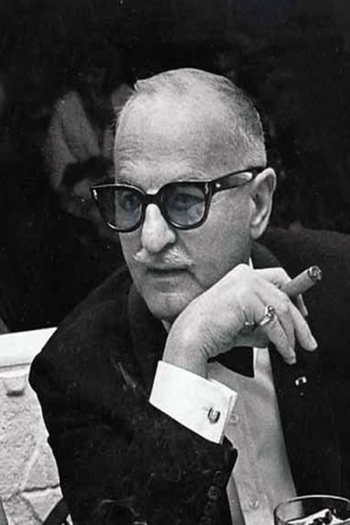
Darryl F. Zanuck
1902 - 1979Zanuck was born in Wahoo, Nebraska, the son of Sarah Louise (née Torpin), who later married Charles Norton, and Frank Harvey Zanuck, who owned and operated a hotel in Wahoo. He had an older brother, Donald (1893–1903), who died in an accident when he was only 9 years old. Zanuck was of partial Swiss descent, and raised a Protestant. At age six, Zanuck and his mother moved to Los Angeles, where the better climate could improve her poor health. At age eight, he found his first movie job as an extra, but his disapproving father recalled him to Nebraska. In 1917, despite being 15, he deceived a recruiter, joined the United States Army, and served in France with the Nebraska National Guard during World War I.
Upon returning to the US, he worked in many part-time jobs while seeking work as a writer. He found work producing movie plots, and sold his first story in 1922 to William Russell and his second to Irving Thalberg. Screenwriter Frederica Sagor Maas, story editor at Universal Pictures' New York office, stated that one of the stories Zanuck sent out to movie studios around this time was completely plagiarized from another author's work.
Zanuck then worked for Mack Sennett and FBO (where he wrote the serials The Telephone Girl and The Leather Pushers) and took that experience to Warner Bros., where he wrote stories for Rin Tin Tin and under a number of pseudonyms wrote over 40 scripts from 1924 to 1929, including Red Hot Tires (1925) and Old San Francisco (1927). He moved into management in 1929, and became head of production in 1931.
In 1933, Zanuck left Warner Bros. over a salary dispute with studio head Jack L. Warner. A few days later, he partnered with Joseph Schenck to form 20th Century Pictures, Inc. with financial help from Joseph's brother Nicholas Schenck and Louis B. Mayer, president and studio head of Loew's, Inc and its subsidiary Metro-Goldwyn-Mayer, along with William Goetz and Raymond Griffith. 20th Century released its material through United Artists.
During that short time (1933–1935), 20th Century became the most successful independent movie studio of its time, breaking box-office records with 18 of its 19 films, all profitable, including Clive of India, Les Miserables, and The House of Rothschild. After a dispute with United Artists over stock ownership, Schenck and Zanuck negotiated and used their studio to bring the bankrupt Fox studios in 1935 to create Twentieth Century-Fox Film Corporation.
Zanuck was Vice President of Production of this new studio and took a hands-on approach, closely involving himself in scripts, film editing, and producing. ... Source: Article "Darryl F. Zanuck" from Wikipedia in English, licensed under CC-BY-SA 3.0.
Cavalcade of the Academy Awards
Carey Wilson, Janet Gaynor
This 1940 presentation features highlights of earlier (1928 onward) Oscar ceremonies including Shirley Temple and Walt Disney, plus acceptance speeches for films released in 1939 with recipients and presenters including Vivien Leigh, Judy Garland, Hattie McDaniel, Fay Bainter, Mickey Rooney, Thomas Mitchell, Sinclair Lewis, and more, with host Bob Hope.
Cavalcade of the Academy Awards
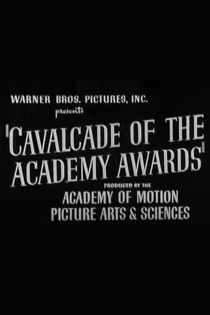
Cineastes contra magnats
Carlos Benpar
Marta Belmonte, Jesús Ángel Domínguez
How the cinema industry does not respect the author's work as it was conceived, how manipulates the motion pictures in order to make them easier to watch by an undemanding audience or even how mutilates them to adapt the original formats and runtimes to the restrictive frame of the television screen and the abusive requirements of advertising. (Followed by “Filmmakers in Action.”)
Filmmakers vs. Tycoons
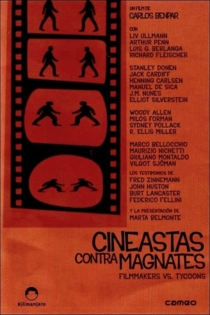
Son of Fury: The Story of Benjamin Blake
John Cromwell, Darryl F. Zanuck
Tyrone Power, Gene Tierney
Sir Arthur Blake has inherited title and lands from his brother. He also has his orphaned nephew Benjamin working for him as a bonded servant. While he believes the lad was born out of wedlock and so cannot claim the inheritance, he is taking no chances. Benjamin eventually rebels against his uncle and sets sail to try and make his fortune. This may enable him to return to prove his claim to being the rightful heir to the estate.
Son of Fury: The Story of Benjamin Blake
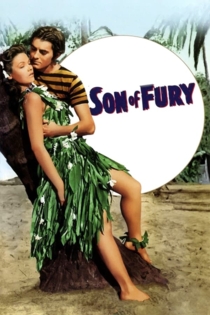
Backstory: How Green Was My Valley
Michele Farinola, Mimi Freedman
Rino Romano, Darryl F. Zanuck
Documentary about how the creative energies of Darryl F. Zanuck and John Ford combined to forge an enduring masterpiece despite the challenges of wartime production.
Backstory: 'How Green Was My Valley'
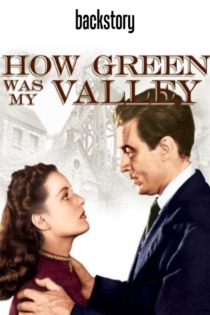
The 42nd Street Special
Darryl F. Zanuck, Leo Carrillo
As part of a publicity campaign for the film 42nd Street (1933), Warner Bros. Pictures, with the assistance of the General Electric Corporation, assembled a 7-car gold- and silver-plated train they called "The 42nd. Street Special". With numerous Warner Bros. contract stars as passengers, the train made a tour across the USA. It was scheduled to make stops in more than 100 cities, ending in Washington, D.C. for the March 1933 inauguration of Franklin D. Roosevelt. This short film records the send-off for this trip from Los Angeles' Santa Fe Station. Using a microphone set up on the rear platform of the last car, several people addressed the crowd attending the event. Those making remarks include performers, studio executives, and the mayor of Los Angeles.
The 42nd Street Special
